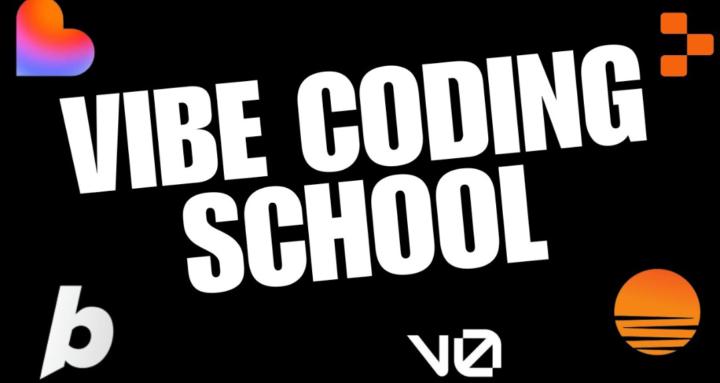Jul 28 • 🤝 General Discussion
📢 How to Get the Most Out of AI Coding Tools (Lovable, Cursor, Bolt & More)
I see a lot of people switching between different AI dev tools thinking “this one will be better”, but honestly, if you master how you prompt and manage the workflow, the tool matters way less.
Here are the key principles I’ve learned:
✅ Brainstorm before you build - Agree on the solution with the model first. Document every major feature (alternatives, why the decision was made, and details).
✅ Focus on the thought process, not just the code. After each prompt, review why the model did what it did. Roll back and refine your prompt instead of just accepting messy code.
✅ Keep the chat history short - Limit to 3–4 prompts max. Keep the scope atomic, don’t mix topics in one thread.
✅ Fix bugs the right way - Don’t keep “fixing forward” with more and more prompts. Instead, restore to a clean state, update the prompt, and re‑run.
✅ Stay familiar with your codebase - You don’t need to know every detail, but you must know which files do what.
✅ Use real context in prompts - Reference console logs, server logs, screenshots, code snippets. Don’t get lazy.
✅ Make it modular - Push the model to write code that’s loosely coupled and follows single responsibility. That way, if something breaks, it’s easy to spot “unwanted changes” to unrelated files.
If you stick to these principles, the “gap” between Vibe Coding tools shrinks.
I personally don’t feel the need to switch from Cursor right now, and if you’re consistent with one tool, you’ll get way better results too.
👉 What’s your workflow?
Do you keep prompts short or do you run long chats?
Drop your tips (or mistakes you’ve made!) below ⬇️
9
2 comments

skool.com/lovable-vibe-coding
Currently: $30/mo. Vibe Coding School is the fastest path to your first client. Sign up & land client #1 in 90 days — guaranteed.
Powered by





